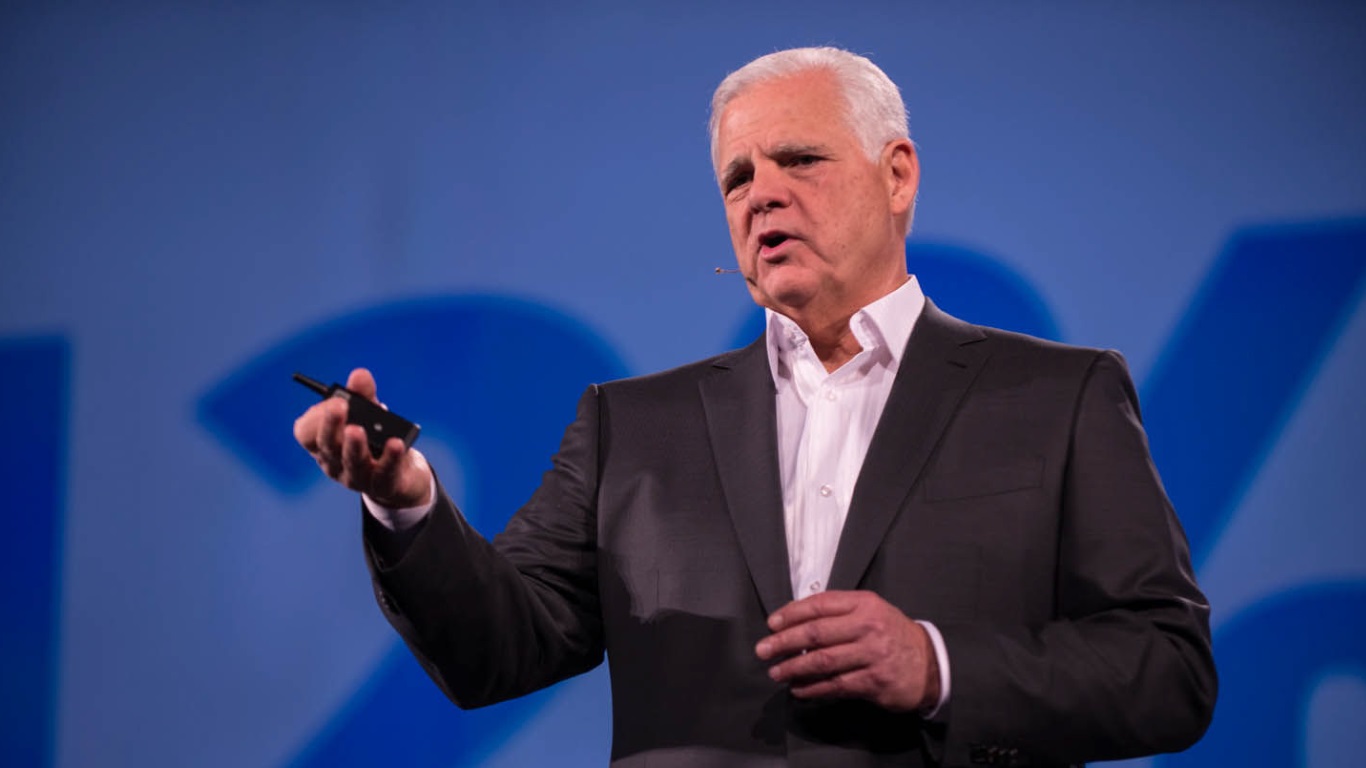 NEWS
NEWS
 NEWS
NEWS
 NEWS
NEWS
![]() EMC is kicking off the week with the introduction of a reference architecture for Big Data analytics that combines disparate components from its federation of subsidiaries into an integrated data lake. The platform is the culmination of a controversial strategy that has come under threat recently.
EMC is kicking off the week with the introduction of a reference architecture for Big Data analytics that combines disparate components from its federation of subsidiaries into an integrated data lake. The platform is the culmination of a controversial strategy that has come under threat recently.
Activist investor Elliott Management, which owns a stake of just over two percent in the storage giant, has been waging a highly publicized campaign to force CEO Joe Tucci into breaking up the federation and selling off the linchpin, VMware Inc., to improve EMC’s valuation, but Tucci argues that keeping the federation is necessary for long-term success.
The new architecture reinforces Tucci’s stance by incorporating technology from VMware and another EMC subsidiary – Pivotal Software, Inc. – into a stack that EMC said covers all the bases of Big Data analytics: store, analyze, surface and act.
The combination represents a “move beyond just a technology stack to ‘interconnected tissue,'” said Bill Schmarzo, chief technology officer for enterprise information management and analytics at EMC, in a CrowdChat that followed the announcement. “Things like data governance, master data management, security, privacy, data lineage and audit all combine to create more of a living, evolving entity.”
The new EMC platform combines the management software of the virtualization subsidiary with EMC’s scale-out storage arrays and converged systems from VCE, a joint venture between EMC, VMware and Cisco Systems, Inc. that recently debuted new models specially designed for large-scale data processing. Layered on top is one of two Hadoop distributions of the customer’s choosing.
The selection includes Hortonworks, Inc.’ full open-source flavor of the data processing framework and the proprietary hybrid alternative from Cloudera, Inc., which recently clashed with EMC over its support of a standards body headed by Hortonworks. The decision to make Cloudera’s Hadoop version available on the data lake anyway sends a signal that the storage giant is not looking to lock customers on particular distribution.
“We go with whatever Hadoop solution the client prefers,” said Schmarzo in the CrowdChat. “We want to avoid those religious wars.” Referring to the battle between Cloudera and Hortonworks, he noted, “It seems to be an open business model versus traditional enterprise software business model decision. Clients will vote with their checkbooks.”
The architecture does not currently support the Hadoop distribution of MapR Technologies Inc., which claimed to have significantly more paying customers than Hortonworks and around as many as Cloudera as of December. However, that could change as the data lake strategy evolves, and customization options hardly end at the computational layer.
One level up in EMC’s new stack is the analytics suite from Pivotal, which provides structured query functionality for Hadoop and which is compatible with all three major distributions. The bundle also includes in-memory processing and data warehousing options that organizations can complement with a variety of supported third party products, including popular business intelligence solutions such as SAS and Tableau.
The data lake joins the hybrid cloud reference architecture that EMC introduced last October with the same promise of a pre-integrated solution that can be deployed in days instead of months. Both designs draw heavily on the federation and VMware in particular, which indicates that CEO Joe Tucci isn’t thinking about caving in to the mounting pressure from Wall Street anytime soon.
Read the full CrowdChat transcript
THANK YOU